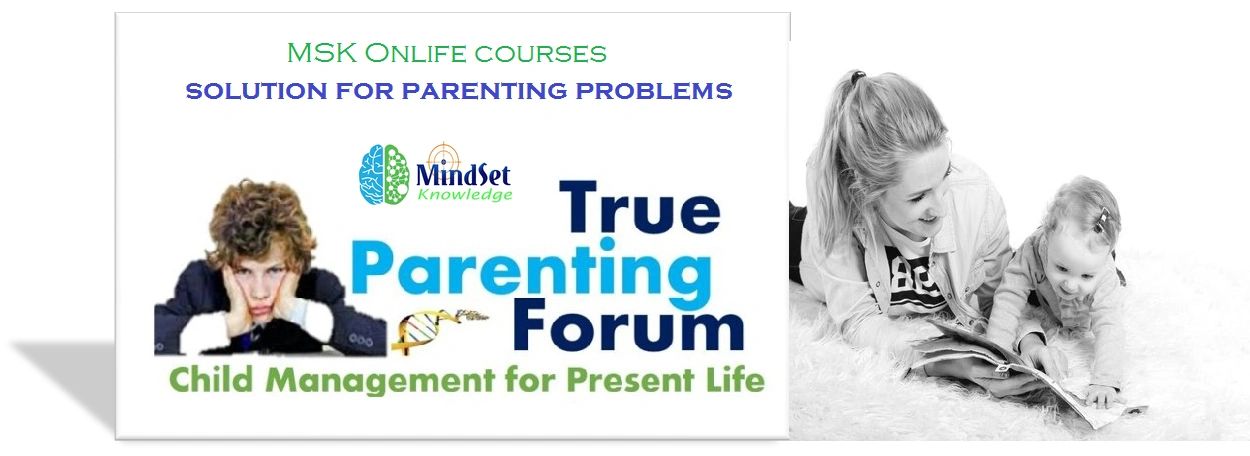
Corporate professionals, businessmen, and entrepreneurs face a unique challenge when it comes to parenting – balancing the demands of work and family life. Juggling the responsibilities of being a successful professional while also being present and involved in their children’s lives can be overwhelming and stressful. Many corporate professionals struggle to find the right balance and end up feeling like they are falling short as both parents and professionals.
Details
Introduction
With the right approach and smart parenting skills, it is possible to achieve success in both areas of life. In this article, we will explore the challenges faced by corporate professionals in balancing work and family life, and provide strategies and tips for developing smart parenting skills to overcome these challenges.
Understanding Work-Family Conflict
Work-family conflict refers to a situation where the demands of work and family life clash, making it difficult to manage both responsibilities effectively. This conflict can be experienced in different ways, making it important to understand the types of work-family conflict that can occur.
Types of work-family conflict can be broadly categorized as time-based, strain-based, and behavior-based. Time-based conflict arises when the time required for work conflicts with time available for family responsibilities. Strain-based conflict results from work-related stress, which can spill over into family life and create tension at home. Behavior-based conflict occurs when the attitudes and behaviors required at work are in conflict with those required for effective parenting.
The negative consequences of work-family conflict can be far-reaching and affect both work and family life. For example, work-family conflict can lead to decreased job satisfaction, decreased productivity, and increased absenteeism at work. At home, it can cause stress, tension, and strain in family relationships, and negatively impact the well-being of family members.
Given the negative impact of work-family conflict, it is crucial for corporate professionals to find ways to manage their work and family responsibilities effectively. The next section will discuss strategies and tips for balancing work and family life.
Strategies for Balancing Work and Family Life
Balancing work and family life can be challenging, but there are strategies and tips that can help corporate professionals manage both responsibilities effectively.
- Time management skills: Good time management skills are essential for balancing work and family life. It is important to schedule work and family time in a way that maximizes productivity and ensures that family responsibilities are not neglected.
- Setting priorities: Another important strategy for balancing work and family life is to set clear priorities. Corporate professionals need to prioritize their work and family responsibilities based on what is most important to them and ensure that they are dedicating enough time to each.
- Delegating tasks: Delegating tasks at work and at home can help corporate professionals manage their workload effectively. Delegating work tasks can free up time for family responsibilities, while delegating home tasks can help ensure that all responsibilities are taken care of.
- Using technology to streamline tasks: Technology can be a useful tool for managing both work and family responsibilities. Corporate professionals can use technology to streamline tasks, such as online grocery shopping, video conferencing, and online task management tools.
By adopting these strategies and tips, corporate professionals can effectively balance their work and family responsibilities and reduce work-family conflict. The next section will discuss the importance of developing smart parenting skills.
Developing Smart Parenting Skills
To balance work and family life successfully, it is important for corporate professionals to develop smart parenting skills. These skills can help them be more effective parents while also managing their work responsibilities.
- Active listening and effective communication: Active listening and effective communication are essential skills for parents. It is important to listen to children actively and provide them with a safe and supportive environment to express their thoughts and feelings.
- Being present and engaged: Being present and engaged with children is crucial for building strong relationships and creating positive memories. Even if corporate professionals are busy with work, they should make an effort to spend quality time with their children, such as having dinner together, playing games, or engaging in other activities that children enjoy.
- Creating a family-friendly environment at home and at work: Creating a family-friendly environment at home and at work can help corporate professionals manage their work and family responsibilities effectively. At home, this may include creating a routine that accommodates both work and family responsibilities. At work, employers can offer flexible work arrangements or family-friendly policies, such as paid parental leave, on-site childcare, or remote work options.
- Practicing self-care: Practicing self-care is an essential component of effective parenting. Corporate professionals must take care of their physical and mental health to be able to manage their work and family responsibilities effectively. They can practice self-care by engaging in activities that they enjoy, such as exercising, meditating, or taking breaks throughout the day to relax and recharge.
By developing smart parenting skills, corporate professionals can effectively balance their work and family responsibilities, reducing work-family conflict and achieving success in both areas of life. The next section will discuss the advantages of family-friendly policies in the workplace.

Advantages of Family-Friendly Policies in the Workplace
Family-friendly policies in the workplace can be a significant advantage for both employers and employees. These policies can help reduce work-family conflict and improve the well-being of employees, leading to increased job satisfaction and productivity. In this section, we will discuss the advantages of family-friendly policies in the workplace.
- Examples of family-friendly policies: Family-friendly policies in the workplace can take many forms, including flexible work arrangements, paid parental leave, on-site childcare, and telecommuting options. Some employers also offer wellness programs and other benefits that support employees’ mental and physical health.
- Benefits of family-friendly policies for employers and employees: Family-friendly policies can benefit both employers and employees. Employers who offer these policies can attract and retain talented employees, reduce absenteeism and turnover, and improve morale and productivity. Employees who have access to family-friendly policies have greater job satisfaction, better work-life balance, and reduced stress, which can lead to improved mental and physical health.
- How family-friendly policies can reduce work-family conflict: Family-friendly policies can significantly reduce work-family conflict by providing employees with greater flexibility and support. Flexible work arrangements, such as telecommuting and flexible hours, can allow employees to balance their work and family responsibilities more effectively, while paid parental leave and on-site childcare can help parents manage their work and family responsibilities more seamlessly. These policies can also reduce stress and improve mental and physical health, which can help employees be more productive and engaged at work.
In conclusion, family-friendly policies in the workplace can be a significant advantage for both employers and employees. By providing greater flexibility and support, these policies can reduce work-family conflict, improve employee well-being, and lead to increased job satisfaction and productivity. Corporate professionals who adopt smart parenting skills and have access to family-friendly policies can effectively balance their work and family responsibilities, achieving success in both areas of life.
Conclusion
In conclusion, balancing work and family life is a significant challenge for corporate professionals. It requires the development of smart parenting skills, such as active listening, effective communication, and self-care, to manage their work and family responsibilities effectively. Additionally, family-friendly policies in the workplace can be a significant advantage for both employers and employees, as they can reduce work-family conflict and improve employee well-being, leading to increased job satisfaction and productivity.
By adopting smart parenting skills and having access to family-friendly policies, corporate professionals can achieve success in both areas of life, leading to a more fulfilling and satisfying personal and professional life. Still Facing Problems in Parenting With Your Child? Don’t Worry! Chat with us and get the solution focused consultation details immediately in your email inbox.
Read all the articles here
DISCLAIMER: Articles on this website contain affiliate links from Instamojo and Amazon websites. Because we are the participants in the Amazon Services LLC Associates Program & Instamojo Referal Program, which are designed to provide a means for sites to earn advertising fees by advertising and linking to amazon.in and Instamojo.com.




